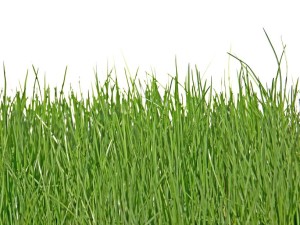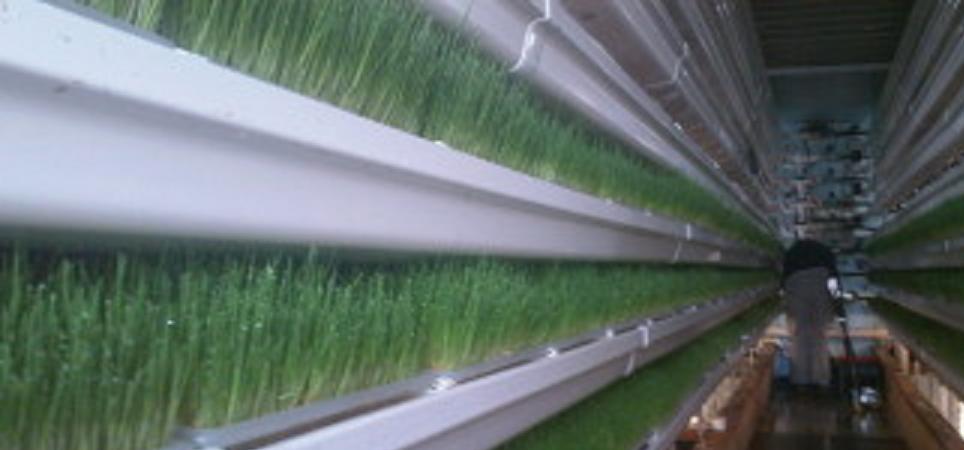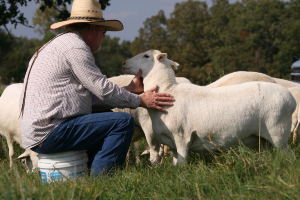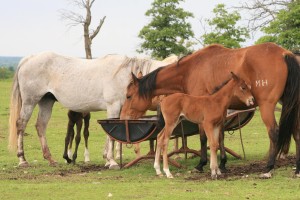Feeding your livestock during spring when the pastures are not fully grown and there are shortages of food or grass on the fields. During these times, it is important to carry fodder to the animals in the barns or in their sheds. Sometimes, due to harsh weather animals cannot graze on fields. The best way to produce fodder for the animals is to grow your own fodder through DIY fodder systems.
Growing fodder from hydroponics
Hydroponic system can save you considerable amount of money. Mostly you don’t need to add any extra nutrients to water when growing fodder with hydroponic systems. You could however add nutrients to liquids, but most people can grow good quality of fodder from seed without adding any extra nutrients to the water. Therefore, there are fewer overheads, less mess and less money involved in producing fodder in this way. This system can also save natural resources, and produce more fodder with less efforts, space and time.
Some Frequently Asked Question about fodder
· What type of fodder should I grow?
You can grow any type of grass that your animals may eat including sunflowers, alfalfa, rye grass, barley, red wheat, oats, buckwheat, sorghum, clover, field peas, and more. Again, you will need to make sure with your local animal nutritionist regarding what type of fodder and what amount of fodder you need to feed your animals.
· Is it necessary to sanitize the seeds and trays before sprouting?
Yes, sanitizing your seeds to remove all molds, bacteria parasites and dirt from your seeds, and trays. Soak your seeds with 10% bleach for 10 minutes, and rinse the seeds with fresh water, complete the process within 24 hours. Wash your system, trays and seeds with chlorine water or hydrogen peroxide. It is also important to keep your seeds within the recommended temperature and humidity range, which is between 65-70 degrees F. Make sure you buy clean and fresh seeds that haven’t been sitting for a long time.
· How much food should I feed my animals?
The amount of fodder you need will vary depending on the types of animals you have, their sizes, age, and the condition they are in. You would want to consult your local farm authorities for exact feeding guidelines for your animals. A good rule is to feed 2% of the total body weight of the animals.
· How to obtain seeds for fodder?
We recommend several seed stores that ship across the nation. The best places for finding seeds are Pioneer and Hancock Farm, Agway Inc., Hearne Seeds, Crop Production Services, & Seed Co. You can also Google the keyword seed and should find a list of seed stores near you. If you need any assistance in locating a seed supply store near you or over the internet, please contact us.
· Should I add micro minerals with water?
 Adding micro minerals with your water to feed your fodder system is not really necessary, although it could improve the growth and quality of the fodder. Most people have been getting satisfactory results without adding any micro numerals to the water.
Adding micro minerals with your water to feed your fodder system is not really necessary, although it could improve the growth and quality of the fodder. Most people have been getting satisfactory results without adding any micro numerals to the water.
The environment in which you grow your fodder is important, and so make sure you don’t place the system near something that can easily contaminate the system or seeds. Don’t let the cleaning water mix with your irrigation system. Any bleach or chlorine you use for cleaning should be collected in a bucket and disposed away from the irrigation waters. The type of fodder you grow and the amount of fodder you grow depends on what kind of livestock you have and your needs. You can speak to a veteran livestock nutritionist. You can grow a considerable amount of fodder in a week just from a tray of fodder form seed.
We would appreciate your comments and any suggestions that you may have. So please don’t hesitate to put down few of your own thoughts regarding this topic.
P.S – Don’t forget to share this article.
Source: Sustainable Livestock Nutrition






